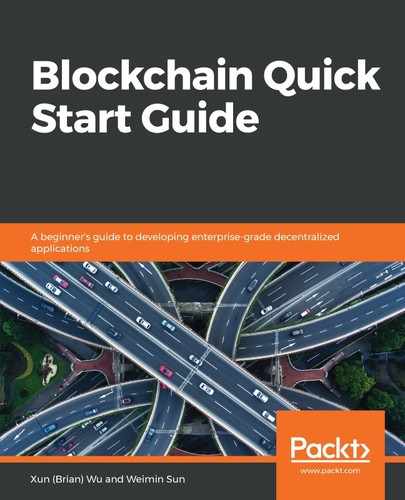Reconciliation of transactions between banks is costly and time-consuming when performed traditionally. For example, in 2016, the US alone had 70B debit card transactions. In the same year, VisaNet (one of world's largest electronic payment networks) processed an average of 150 million transactions a day. With these high volumes, even a tiny saving in each transaction can lead to a huge reduction in the overall cost of doing business. In the case of stock trading, the complete cycle of a trade plus clearing and settlement take three days. A failure in reconciling a transaction could result in a significant monetary loss. (Therefore, a clearinghouse such as DTCC implements an insurance mechanism to mitigate settlement risks.) With blockchain technology, payment processing is increasingly moving towards instant payment worldwide. For example, Ripple can complete a cross-board payment in minutes. The technology combines transaction and settlement. It dramatically reduces the associated transaction costs. The steps of a transaction are visible to a requester. A recent research report claimed Ripple's payment cost is only 0.1% of the cost associated with a traditional transaction. Similarly, for stock trading, since a blockchain implementation merges trading and clearing/settlement into one action, there is no longer a settlement risk. An exchange member firm will not need to pay a premium for settlement insurance and will not require a large back office team dedicated to handling settlements. This will significantly reduce the cost of doing business for the firm.
- Title Page
- Copyright and Credits
- About Packt
- Contributors
- Preface
- Introduction to Blockchain Technology
- Ethereum Fundamentals
- Overview of Solidity Programming
- Building an Ethereum Blockchain Application
- Exploring an Enterprise Blockchain Application Using Hyperledger Fabric
- Key concepts in Hyperledger Fabric
- Core component model
- Setting up a Hyperledger Fabric environment
- Writing chaincode
- Configuring Hyperledger Fabric
- Generating the certificate
- Generating an orderer genesis block
- Generating a channel configuration transaction
- Overview of Hyperledger Fabric Docker composer configuration files
- Fabric project directory structure
- Docker-compose-base.yaml
- Peer-base.yaml
- Starting the Hyperledger Fabric network
- Creating a channel
- Joining channels
- Updating the anchor
- Installing chaincode
- Instantiating the chaincode
- Invoking add broker
- Invoking add insurer
- Invoking ReportLost
- Invoking RequestedInfo
- Invoking SubmitClaim
- Invoking ConfirmClaimSubmission
- Invoking ApproveClaim
- Querying claim history
- End-to-end test execution 
- Summary
- Implementing Business Networks Using Hyperledger Composer
- Blockchain Use Cases
- Blockchain use case examples
- Payment and settlement services
- Import and export finance
- Immutable ledger
- Regulatory compliance and auditing
- Identity theft detection
- Funds back-office operation
- Collateral management
- Healthcare systems
- Real estate trading and rental markets
- IP market
- Elections
- HR and recruiting
- Public records
- Reduce contract disputes
- Sharing economy
- Integration with IoT
- Facilitate commercial and social relationships
- How to choose a proper use case
- DApp use case – healthcare data sharing
- Summary
- Blockchain use case examples
- Other Books You May Enjoy
Payment and settlement services
-
No Comment
..................Content has been hidden....................
You can't read the all page of ebook, please click here login for view all page.
